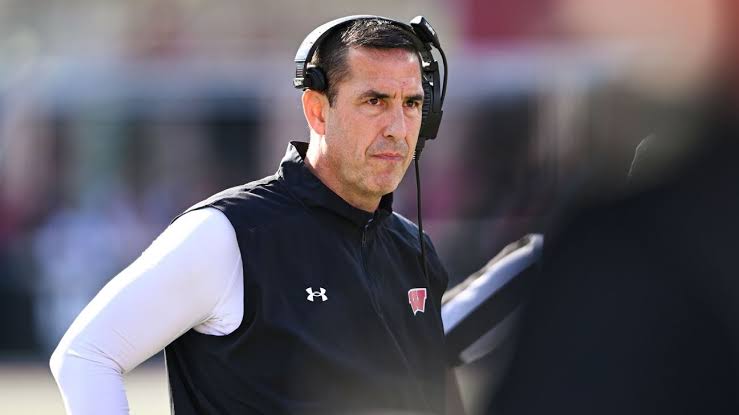Former Wisconsin cornerback, **[Player Name]**, has filed a lawsuit against the NCAA, accusing the organization of negligence and seeking compensation for injuries sustained during his college football career. The lawsuit, which was filed in a federal court, claims that the NCAA failed to adequately protect players from head injuries, including concussions, and did not provide proper medical care or sufficient warnings regarding the long-term risks associated with repeated head trauma.
In the suit, the former player alleges that the NCAA was aware of the dangers of concussions but did not take necessary actions to safeguard athletes from the devastating consequences of brain injuries. The lawsuit points to the lack of effective protocols for diagnosing and managing concussions, as well as the insufficient education on the risks of sustaining multiple concussions over the course of an athlete’s career.
The plaintiff also asserts that the NCAA did not take appropriate measures to address the potential long-term effects of concussions, including chronic traumatic encephalopathy (CTE), a degenerative brain disease linked to repeated head injuries. The lawsuit highlights the growing concern around player safety in college football, especially in the wake of increased awareness about CTE and other brain-related conditions.
This case adds to the broader conversation surrounding player safety in contact sports, especially regarding the NCAA’s responsibility to ensure athletes are protected from serious, life-altering injuries. The lawsuit seeks financial compensation for medical expenses, pain and suffering, and for the long-term health risks the player is now facing as a result of the NCAA’s alleged negligence. The case could set a precedent for future lawsuits against the NCAA related to player safety and concussion-related injuries.



